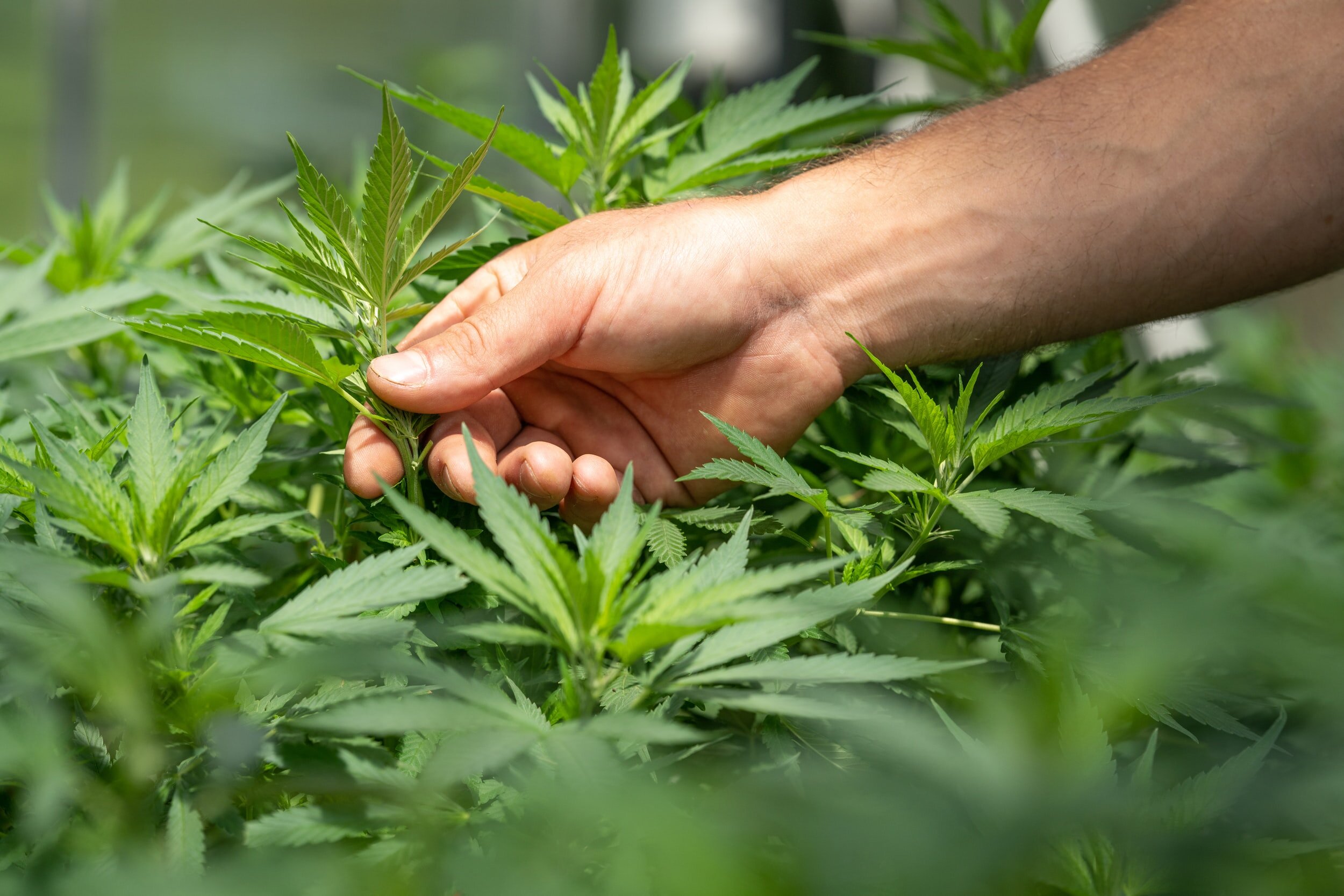Importance Of Sustainable Practices As The CBD Industry Continues To Grow
PAGE Magazine
With growing awareness of how agriculture harms the environment, consumers are looking for cleaner and greener products. As a responsible citizen of Planet Earth, you’ve probably been going through skincare and wellness product labels for information about their production processes and agricultural surfactants. One key ingredient that stands out is hemp, with its benefits to the environment.
Thanks to its anti-inflammatory and antioxidant value, hemp oil can be used to reverse signs of aging and relieve skin conditions like acne, irritation, sensitivity, and dryness. When you check out the CBD superstore, you’ll also find hemp creams and gels that soothe muscle aches and pains. This hardy plant is not only good for your skin and body but cultivating it is likely to have minimal harmful effects on the earth.
If you’re committed to supporting sustainable farming practices and crops, you would want to opt for products made with hemp containing CBD or cannabidiol oil. Read ahead for some of the reasons why you should choose these products.
Hemp Plants Need Fewer Resources To Grow
Farmers love hemp as an eco-friendly crop that does need the help of chemicals, water, and fertilizers. Growing this crop uses 50% less water than cotton and can be used to make sustainable clothing. Hemp has valuable properties like removing toxins from the soil and cleansing it to sow other plants. Perhaps, the best benefit is that it has long, deep roots that prevent soil erosion by stabilizing the soil around the plants.
Hemp helps the soil retain its nutrients and is resistant to pests, eliminating the need to use toxic pesticides. Instead of using conventional irrigation, farmers can grow hemp with just 25 to 30 inches of harvested rainwater. Most importantly, hemp grows quickly in any kind of climate and weather conditions, which means that farmers can get multiple harvests all through the year. Cultivating hemp requires lower land resources since the plants grow in closely packed clusters.
Hemp Farming Won’t Damage the Environment
Because of the minimum use of chemicals, hemp farming is unlikely to cause long-term damage to the environment. Farmworkers, communities around the farmlands, and consumers avoid exposure to any of those harmful chemicals.
Skincare products and muscle ointments can be packaged and delivered to the buyers in recyclable and reusable containers, like glass and paper. Further, you need not worry about the leftover microparticles finding their way into waterways and polluting the oceans. Hemp products made with organic ingredients are entirely biodegradable.
Zero-Wastage Processes Are Used To Make Hemp Products
Hemp is essentially a zero-wastage plant. Each section, including the stalks, roots, flowers, and leaves, can be used to extract cannabidiol oil which has beneficial properties for your skin. And that’s not all! The fuel that can be synthesized from the seeds has the potential to replace fossil-based petrol and gas. Hemp flour, tea, coffee, and milk are only some of the consumables made by processing the seeds. The stalks are a rich source of fiber that can replace cotton, while some products are made from leaves and roots. These are only a few of the myriad uses of the plant.
Green Extraction Processes
Since CBD extraction processes use carbon dioxide solvents, farming hemp minimizes the carbon footprint and helps reverse its harmful effects through photosynthesis. Using CO2 delivers CBD oil in its purest and safest form without toxic residues that pollute the rivers.
Consumers across the planet are supporting sustainable farming by choosing products made using green practices. With its various benefits, hemp could be one of the most valuable crops grown in the contemporary world.
Featured











The general outlook of your house can be made or marred by the kind of roof that you choose to have on your house.